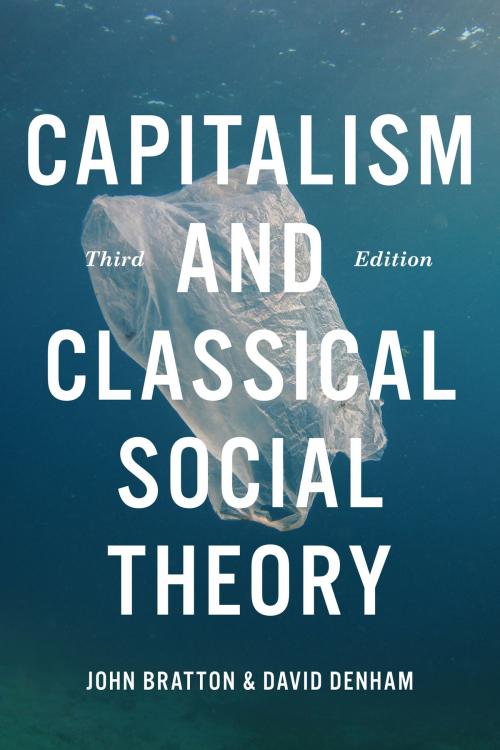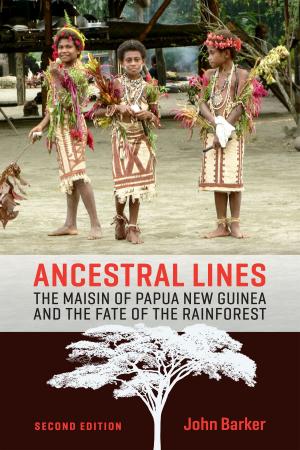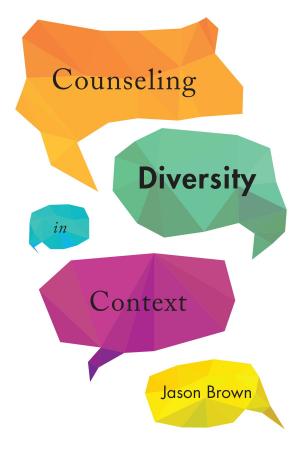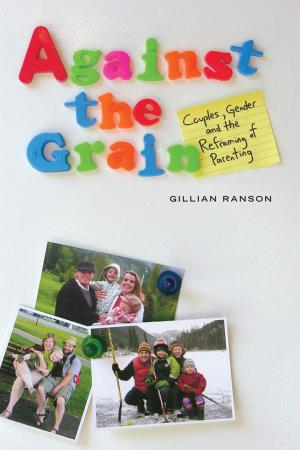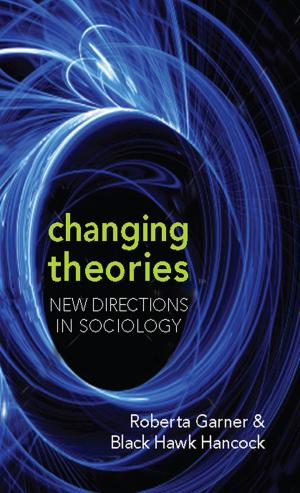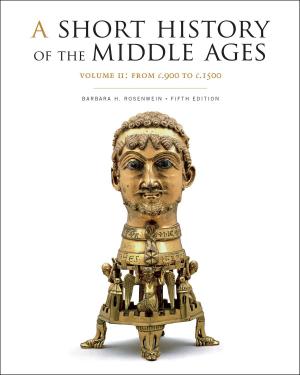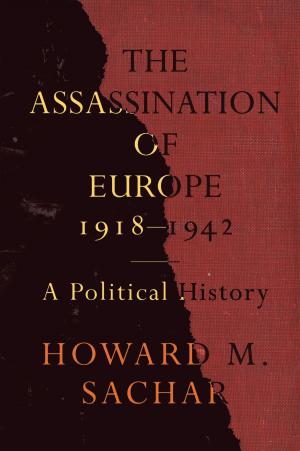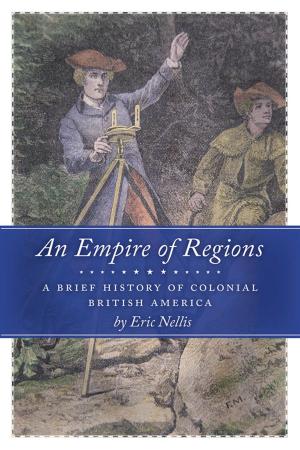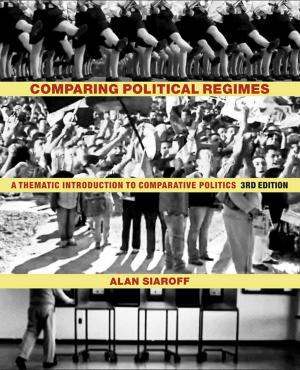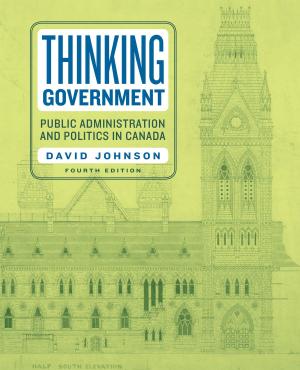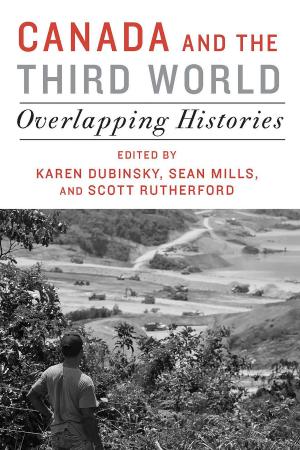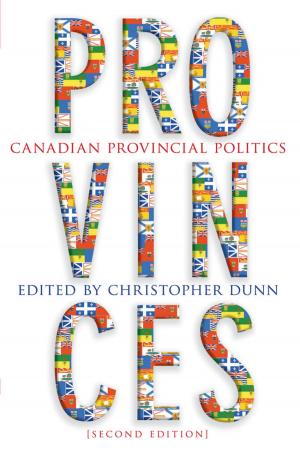Capitalism and Classical Social Theory, Third Edition
Nonfiction, Social & Cultural Studies, Social Science, Sociology| Author: | John A. Bratton, David Denham | ISBN: | 9781487588205 |
| Publisher: | University of Toronto Press, Higher Education Division | Publication: | May 9, 2019 |
| Imprint: | Language: | English |
| Author: | John A. Bratton, David Denham |
| ISBN: | 9781487588205 |
| Publisher: | University of Toronto Press, Higher Education Division |
| Publication: | May 9, 2019 |
| Imprint: | |
| Language: | English |
In this third edition of Capitalism and Classical Social Theory, John Bratton and David Denham build on the classical triumvirate—Karl Marx, Émile Durkheim, and Max Weber—by extending the conversation to include early female theorists such as Mary Wollstonecraft and Charlotte Perkins Gilman, as well as the writings of W.E.B. Du Bois and G.H. Mead.
Connecting current headlines in the political mainstream to concepts like alienation, anomie, class, gender, race, and the environment, Capitalism and Classical Social Theory sheds light on how classical social theories may be applied and understood within a contemporary context. This revised and expanded third edition features topical discussions of socio-economic shifts in the post-Trump and post-Brexit world and uses original excerpts and additional readings to further contextualize the significance of classical social theory today.
In this third edition of Capitalism and Classical Social Theory, John Bratton and David Denham build on the classical triumvirate—Karl Marx, Émile Durkheim, and Max Weber—by extending the conversation to include early female theorists such as Mary Wollstonecraft and Charlotte Perkins Gilman, as well as the writings of W.E.B. Du Bois and G.H. Mead.
Connecting current headlines in the political mainstream to concepts like alienation, anomie, class, gender, race, and the environment, Capitalism and Classical Social Theory sheds light on how classical social theories may be applied and understood within a contemporary context. This revised and expanded third edition features topical discussions of socio-economic shifts in the post-Trump and post-Brexit world and uses original excerpts and additional readings to further contextualize the significance of classical social theory today.
